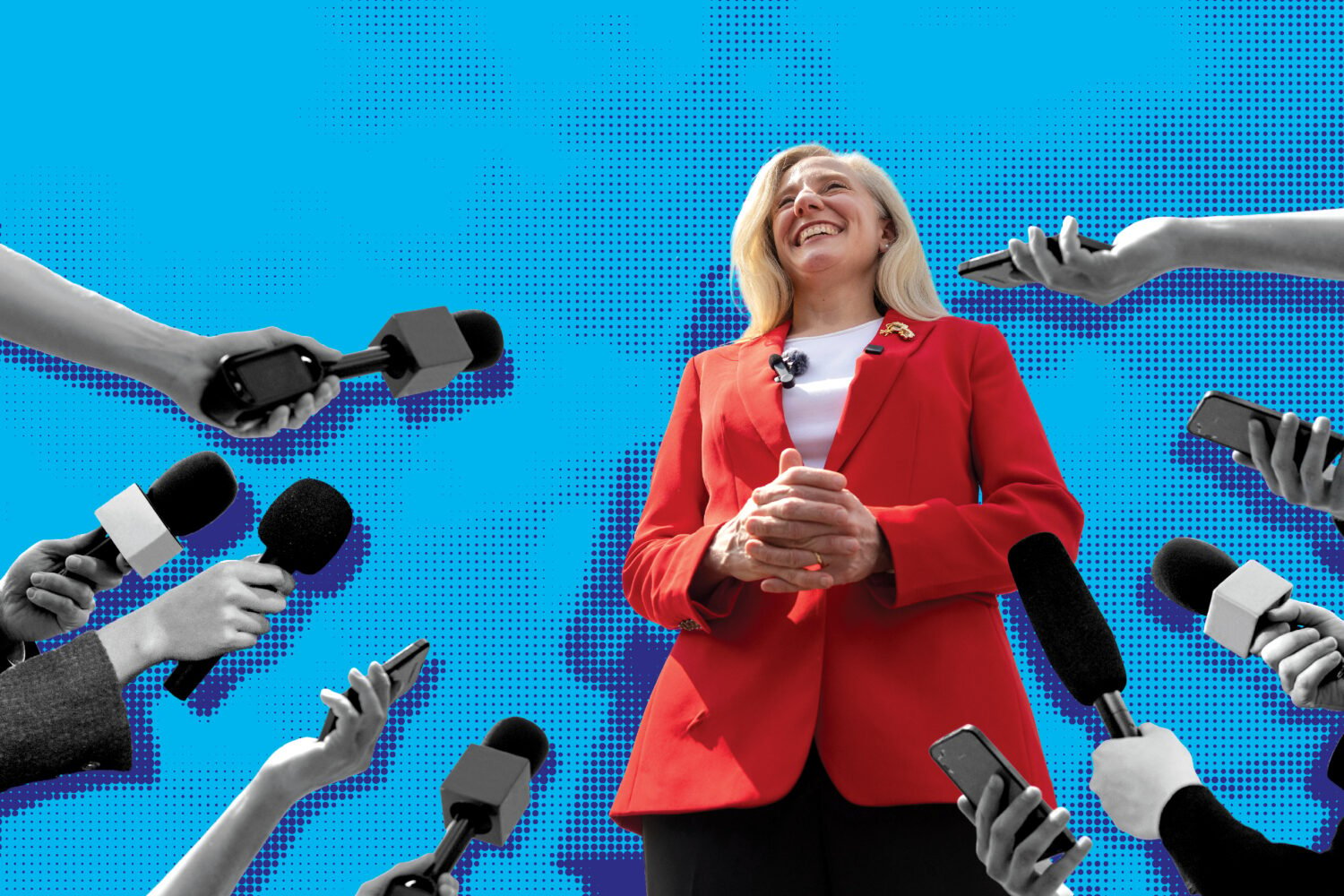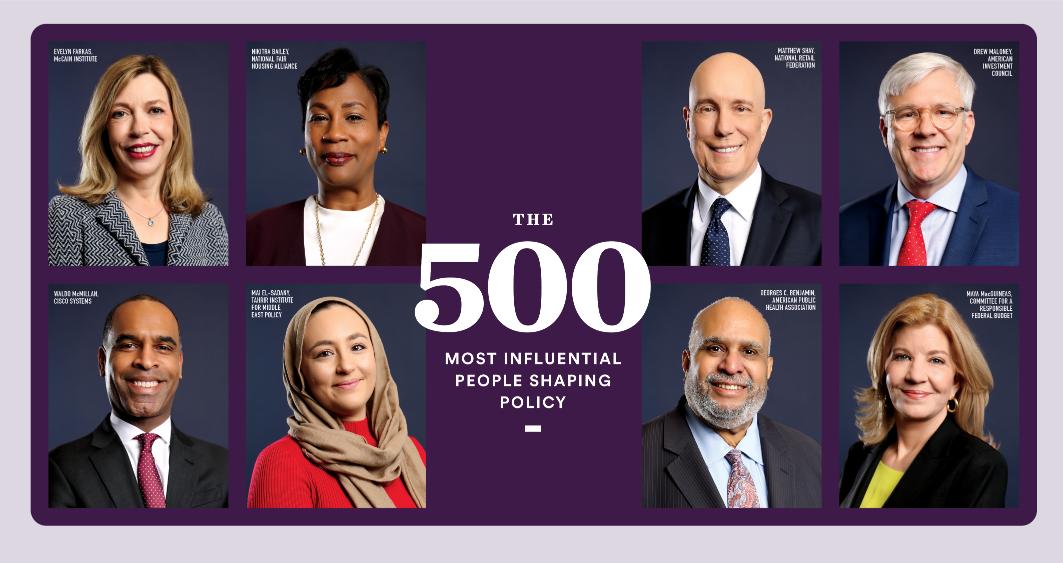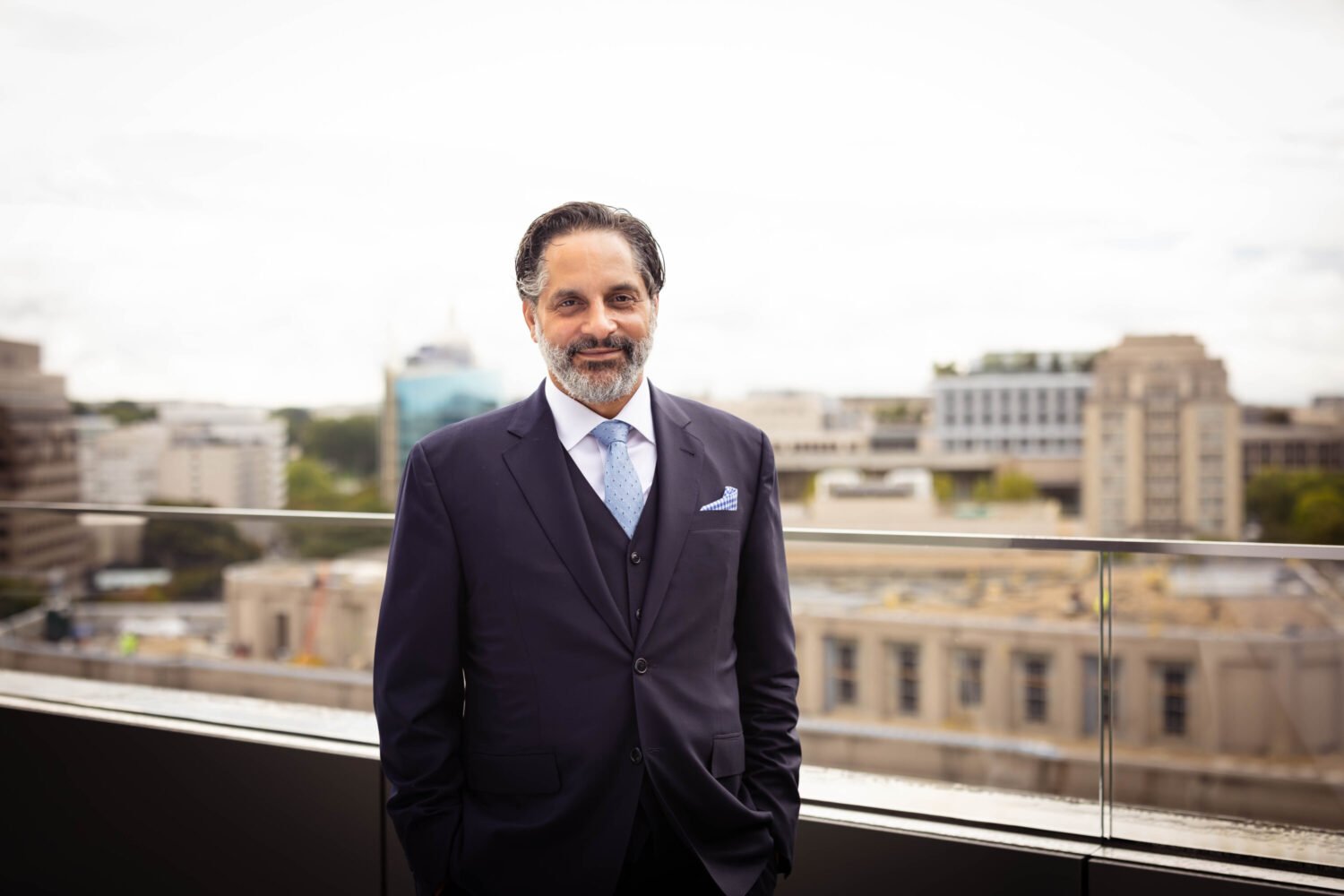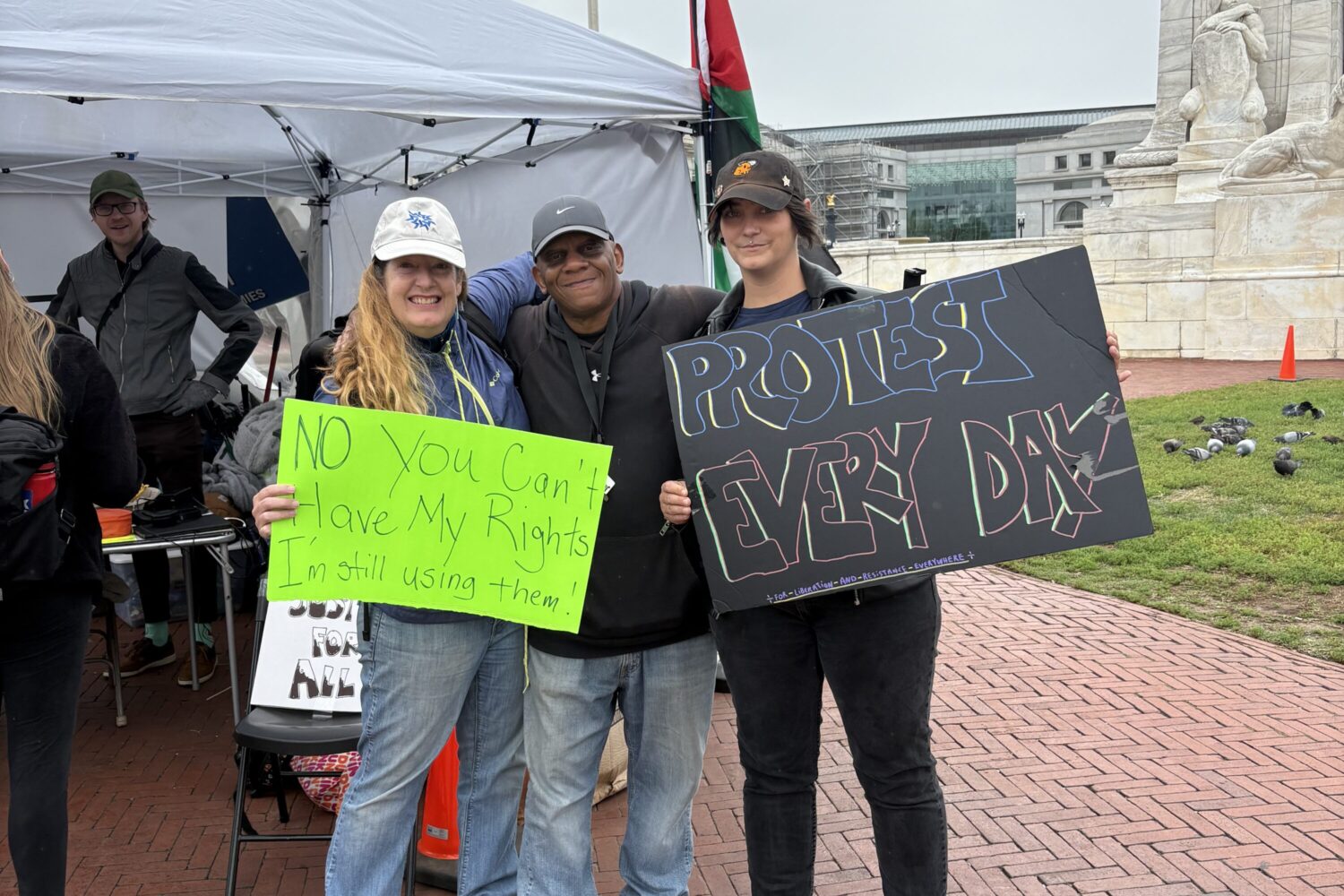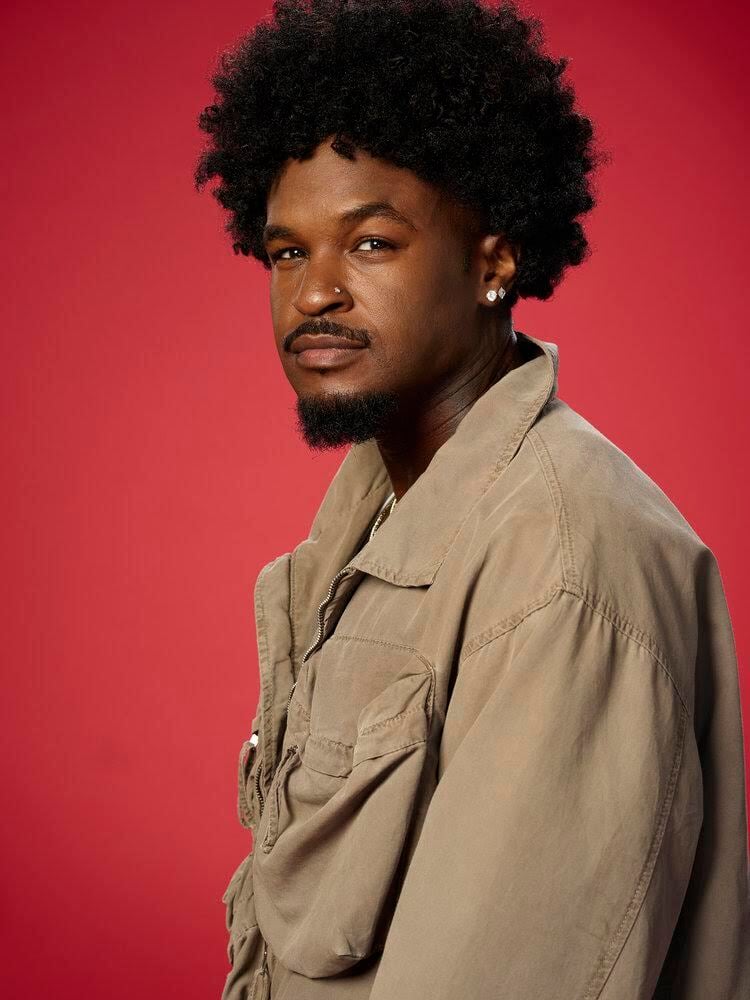Potomac native Chris Vogel began his journalism career as an editorial intern at The Washingtonian. He recently returned to Washington from New Mexico, where he was an award-winning reporter for the Albuquerque Journal and the Clovis News-Journal.
It's been seven years since Patricia Shannon turned over her retirement money to Greg Earls, and unlike many in her situation, she has developed a sense of humor about her losses.
"Whenever I see a fellow investor at a party," Shannon says, "someone will always say, 'Talk to Greg recently? Does he have any more good deals for us?' "
Shannon, former chief executive of the Boys & Girls Clubs of Greater Washington, worked alongside Earls when he served as the organization's board chair from 1998 to 2001. Earls helped raise millions for the club.
Little did his new friends know that he also was working for another charity–his own.
"He operated by surrounding himself with successful people and then dropping the names of other influential people," Shannon says. "He would ingratiate himself in a nonprofit and then go through the board like Sherman through Atlanta."
At a 1998 fundraising dinner, Earls approached Shannon about an investment opportunity. Earls had created a partnership called USV Partners, an investment entity whose purpose was to purchase stock in a company called US Technologies. Earls later became CEO of US Technologies.
At that point US Technologies was using prison labor to make furniture. The company later dropped the furniture-making business and began buying interests in Internet companies during the dot-com boom.
Earls told Shannon that he was the largest investor with USV Partners and that many other people had begun buying interests, including Boys & Girls Clubs board members such as Jonathan Ledecky, a 1990s entrepreneur and former part-owner of the Capitals.
"I trusted Greg," Shannon says. "He was chairman of the board and had done some great things for the organization. Plus he was very personable, was living at the Four Seasons, and was always in the Style section of the newspaper. I had no reason not to trust him, and he kept telling me the investment would be a winner."
Shannon took the deal to her stockbroker, who warned her against investing. The broker "had some apprehension about Greg," Shannon says, "but I went ahead and did it because I thought Greg was a good man."
Shannon made three investments with USV Partners, using money from her IRA and savings, totaling $115,000. A year or so later, the stock rose in value from 12 cents a share to more than $5 a share, and Shannon wanted to sell. But she couldn't.
Shannon, who was used to speaking with Earls on a regular basis, suddenly couldn't get hold of him. She called him at his office, but Earls was rarely available.
When she did get Earls on the phone or see him in person, "He was always coming up with excuses and delayed in getting me the certificates," she says. "Greg wouldn't let us take possession of the stock certificates, so we couldn't trade it and cash in. I then began to sense that I'd been had."
By the time Earls gave Shannon the stock certificates, "the value was down to less than eight cents a share, and eventually down to nothing," she says. "I have yet to see a dime."
With few exceptions, if you invested with Greg Earls, the story is black and white: He stole your money. Investors call him a "con man without a conscience," a man "obsessed with living an extravagant lifestyle," a "liar" and, "the worst person I've ever met in my whole life."
If you did not invest, the situation is more complicated. Some people see Earls as "charming," "a confused and desperate man," a "tragic figure" who "never meant any harm." They say he tried to please too many people and, because of that, ended up pleasing almost no one–including himself.
"The thing about Greg," says a friend of more than 30 years, "is that he has an interesting relationship with the truth."
Earls was a self-made man whose father, Cecil, ran out on the family when Earls was eight years old. His father moved in with another woman and raised a second family. Earls's father never moved back home, yet he never divorced Earls's mother, Ethel.
"A day never went by when I didn't wake up at night thinking about how he abandoned us," Earls says.
From interviews with friends and family, it seems clear that Earls's character was shaped by the early trauma, and he developed a lifelong pattern of trying to please his father and others.
"Making people happy was more important than food," says Earls's ex-wife, Elizabeth Sinclair, daughter of DC socialite C. Wyatt Dickerson.
In contrast to Earls's own upbringing, Sinclair and their four children had the best of Washington's good life. The children attended St. Albans and National Cathedral schools, and all but one went on to Harvard.
After Sinclair and Earls separated in 1996, Earls spent more than a year living and throwing parties at the Four Seasons Hotel, having sold the family's $3-million-plus home on Indian Lane in DC's Spring Valley neighborhood.
Earls sat on the boards of several organizations, including the Harvard Parents Fund, belonged to Columbia Country Club, and was often seen raising a glass in the pages of the society magazine Washington Life.
It was a life full of expensive cars, fine dining, and ski vacations.
Elizabeth Sinclair's divorce from Earls was finalized in 1999. She lives in a bungalow overlooking the Potomac River, a home that prosecutors accuse Earls of buying in part using investor money.
Sinclair is an elegant, talkative, somewhat anxious woman. There is a sense of betrayal in her voice, but she is cautious not to say anything hurtful about her ex. She exudes a combination of strained affection and genuine charity.
The two met when Sinclair was a teenager working in DC for the same brokerage firm as Earls, who was 24.
"What first attracted me to him were his shoes," she says. "They were old, shiny brown shoes. He had jet-black hair, blue eyes, and had that Tom Cruise kind of look."
Earls was a model father and good husband for most of their marriage, Sinclair says, but toward the end "he went into a different persona. It was like he was crazed, living in another world from the one he had been in, eventually moving into the Four Seasons, being with a lot of women, and getting himself in social magazines."
In 2002 Sinclair sued Earls for defaulting on alimony payments. She later wrote in a letter to the judge for Earls's sentencing that she was angry with Earls for "breaking our family apart" and that he has "done a lot to hurt my children and me."
In December 2002, the US Attorney's Office in Manhattan accused Earls of defrauding investors of some $13.8 million. The victims included such notables as former White House counsel C. Boyden Gray, journalist George Will, Michael Milken protégé Peter Ackerman, and Jonathan Ledecky.
In April 2004, a jury convicted Earls on 22 counts of criminal fraud. The jury determined that Earls had used his charm and connections to lure investors with the promise that he would buy them shares of stock in US Technologies. But the jury determined that Earls did not use investors' money to buy the stock, instead spending some of it on himself, his children, and his ex-wife and repaying investors from previous ventures similar to the one that got him sentenced to prison.
This February, US District Court judge Naomi Reice Buchwald ordered Earls to start serving a ten-year prison sentence in April and to pay $21.9 million in restitution to almost 100 victims. It is unlikely that anyone will see more than pocket change.
Holly Moskerintz worked for Earls first as a temp and later full-time at US Technologies. She lost more than $20,000 of her retirement money in USV Partners.
"Greg saw there was money to be made with the tech firms, and he got obsessed with it, and it made him do things he wouldn't usually do," she says. "The root of all evil is power and money, and that's what got him. He was following a dream . . . and took the money to live an extravagant lifestyle. That was part of his obsession. But he thought it would all work out in the end."
Elizabeth Sinclair does not excuse his behavior but thinks Earls never meant anyone harm. "It was like he could no longer manage his life and affairs," she says, "and things became too overwhelming. Instead of stopping and taking a break, Greg kept pushing, venture after venture, and because of the shame of not being able to pay people back and then the eventual desperation he felt, he misappropriated the money he shouldn't have."
Fifteen months after his conviction, Earls still argues that he is innocent of criminal wrongdoing. He says investors lost their money because the stock price fell when the dot-com bubble burst. He denies that he stole any money.
"People just want to hear about this high flier who got ten years," he says. "They don't want to hear there's no way I stole $13 million and that the independent audit I had done points that out. Nobody gives a damn because the rest of the story is just so juicy."
I have arranged to meet Earls at 8:30 AM one day in late March over breakfast at one of his favorite morning haunts–the Daily Grill inside the Georgetown Inn on Wisconsin Avenue. It is the first of four interviews.
"Let's meet up in the bar," he tells me over the phone. "There'll be less people there."
Rain is falling hard as I scuttle inside the Grill and shake the water off my umbrella. I walk into the bar area, but no one is there. I know Earls's face from newspaper pictures, but I see no one. I glance at my watch–it is almost 8:45.
I pace the length of the room until I see Earls sitting at a table with his back to the window. He is hiding behind a partition across from the end of the bar. Earls jerks up from his chair, extends his right hand, and greets me in a Southern drawl.
He booms with energy. He is a tanned, well-groomed, handsome man with graying hair dyed a light brown. Only his eyes look tired. He is wearing a dark suit, a white shirt with French cuffs, and a yellow silk tie.
Only seconds after shaking hands, Earls tells me the story of how someone pulled a fast one on him 30 years ago.
"I was having a beer and watching TV in my place in Georgetown," he says, "when I heard a knock on the front door. So I get up, and when I look outside, nobody is there. Then suddenly I hear the back door slam, and I run down to the living room, and someone stole my damn TV. I couldn't believe it."
We sit down and order breakfast. He has cereal with strawberries and tells me about his workout regimen, saying he went jogging earlier in the morning.
The food arrives, and when we continue to talk, his smooth veneer begins to crack. His lips quiver, he repeatedly places his fingers over his mouth, and every minute or so he takes his cloth napkin and pulls it tight around his abdomen and lower chest.
But except for nervous tics, Earls is the perfect picture of a venture capitalist.
"I've always been a good salesman," he says, "because I believe in what I say. It may not be true, but when I say it, I believe it."
This brings up another way of looking at Earls. He's Willy Loman, the consummate salesman, but with better social connections. Willy believed that if you're liked, "you will never want." Earls is a people pleaser.
"There was a common theme among all investors," Patricia Shannon says. "Everyone said they didn't do their homework. We all invested because of Greg, but no one really knew much about him."
Earls was born Cecil Gregory Earls on August 4, 1944, in Orange, Texas. He was named after his father. His mother, Ethel, had grown up on a farm in Chilhowie, Virginia, and when Earls's father returned from fighting in the Pacific in World War II less than a year after Earls was born, the family moved from Texas to Tazewell, Virginia.
After a couple of years the family moved again, this time a few miles away to Bluefield, Virginia. It was twin city to Bluefield, West Virginia, which was more prosperous because of the coal mining there.
"I was born on the wrong side of the tracks," Earls says. "In Virginia we were looked down on like second-class citizens."
Earls talks at length about growing up "poor" in Bluefield. But while the small town is a galaxy away from the homes of Spring Valley, Earls's beginnings were not exactly Dickensian.
A town of about 5,000 people, Bluefield is carved out of jagged mountains and cascading sheets of rock. During Earls's childhood, downtown Bluefield was essentially one street–Virginia Avenue–lined with shops and a bank. It is much the same today.
Earls lived on Logan Street in a white, three-story house on top of a hill. If the trees were not quite so dense, there would almost be a clear view down to Virginia Avenue. The house has wood floors and modest front and back yards, where as a youth Earls would play with the kids next door.
"Greg was never deprived," says his older sister, Carol Earls, who lives in Arlington. "I'm sure he sees it differently, but he was never deprived."
Earls's father, Cecil, never graduated from high school but worked as a public accountant and managed the local cemetery.
"He was modestly successful and died with an estate of about $800,000," Earls says of his father. "He was smart, very engaging, and as a businessman he was admired for doing what he said he would do."
Earls excelled at school, getting top grades and serving as student-body president in high school. He was good at sports, leading the football team to the state championship his senior year.
Earls says his father "never came to a single game I ever played," though the man lived across the state line in Bluefield, West Virginia. "I mean, I was a hero–my picture was on the front page of the paper all the time. I was something he could really be proud of. But he never came."
Earls says he doesn't blame his father for his troubles years later, but he claims the relationship affected his behavior as an adult.
"I was always trying to please him and get his attention," he says. "I'm definitely a pleaser. And that's a bad trait, because you do things you shouldn't do because you're always trying to ingratiate yourself and make people like you, because that's more important than anything."
Earls had his father serve as best man at his wedding, and they entered business deals together before the elder Earls died in 1999.
"Sure, it was a business opportunity for them both," says Elizabeth Sinclair, "but it was also an excuse for them to talk more, for Greg to try to have a normal relationship with his dad and also for Greg to try to continue to impress his father. People who grow up without the love of a parent, the last thing they want to do is mess up, so they do whatever they can to avoid the appearance of failure."
Earls was raised by his mother, who sold women's clothes at Thorton's department store on the West Virginia side. As an adult, she says, she was financially comfortable, owning and renting homes on Logan Street, and she was active in women's social clubs. But Carol Earls says her mother grew up poor on a farm.
"Mother was determined to belong to the country club and have designer clothes," she says, "and that may be where Greg gets his kind of desires. He was trying to impress her. . . . Mother hated poor, and she would tell you she was never poor. . . . It's not denial, but a refusal to accept it. The problem was, we lived in a world of lies, and it got so that no one knew what was the truth and what wasn't."
Greg Earls took the lessons he learned from both parents and moved from the blue-collar town of Bluefield to the University of Virginia, known in the mid-1960s as a "gentlemen's school." UVa's equivalent to Yale's prestigious Skull and Bones was the St. Elmo Hall fraternity.
"They mistakenly thought I was from Deerfield, not Bluefield," Earls says. "So I joined, and it had a big influence on me. I tried to be like my fraternity brothers, tried to hide my background, affect my accent, and I'm really into that. And everyone was rich, and I aspired to that. I was so ambitious and hard-charging. I know I'm not being true to myself, but I'm still doing it because I think I can get to a certain end."
People close to Earls agree that he began reshaping himself in college.
"Greg was like a chameleon," Carol Earls says. "When he went to UVa. . . . he got ritzy friends and changed."
At Earls's trial, witness after witness testified that they invested with USV Partners and watched US Technologies stock rise in value, but either they never received the stock certificates from Earls in a timely fashion or restrictions on the stock prevented the shares from being sold.
Harold Warren, former deputy chief of the Dallas Police Department, says he invested more than $200,000 with USV Partners–the nest egg he had worked to build his entire life to send his two granddaughters to college.
"Greg assured me I could sell whenever I wanted, but then he would not give me my certificates," Warren says from his home in Texas. "And finally, years later, when I got them, they were worth a penny a share. Greg kept telling me this investment would change my life, and boy did it. He's a sleaze, a thief, and a con artist."
Earls became friends with Jonathan Ledecky after meeting him at a Harvard parents lunch. Together they served on the board of the Boys & Girls Clubs. Ledecky lost his $1.7-million investment with USV Partners.
"I lost it all," he said in a court transcript. "I had looked up to him. . . . I felt so betrayed by someone who was such a good friend. . . . I couldn't believe it. My heart sank into my stomach that someone I considered to be my friend lied to me . . . face to face."
The government argued that, between its inception in June 1998 and its dissolution in March 2002, USV Partners raised more than $20 million from investors. To lure them in, Earls committed fraud, lying about being the largest investor in the partnership, saying that Texas billionaire Bob Bass was an investor when he was not, and misstating the value of US Technologies' investments in other companies.
During interviews, Earls admitted to all the particulars.
Says Ledecky's attorney, Matthew Schwartz, "Instead of using a gun, Earls's weapons were a crisp suit and smooth talk."
So what happened to the money? During the trial, prosecutors were able to trace how Earls used at least some of the more than $13 million he was convicted of misappropriating. He would transfer money invested with USV Partners to an entity he controlled called US Viewing. Then he would channel the money from US Viewing to other accounts he controlled. He moved $4.3 million to his personal bank account, $1.2 million to his children's educational trust, and additional money into other investment entities to repay investors from earlier ventures, prosecutors say.
Earls used the money to repay bank loans taken out by entities he controlled; to help pay for his ex-wife's home on the Potomac; to pay his July 1999 American Express bill, which included purchases at Tiffany, Alfred Dunhill's men's store, Neiman Marcus, 12 nights' lodging at the Charles Hotel in Cambridge, Massachusetts, and meals at New York and Washington restaurants, according to court testimony. He used some of the money to pay his daughter's tuition at Harvard.
Says an investor whom Earls owes $50,000 in restitution, "Greg would steal the gold from a dead man's tooth."
Less than a month before going to prison, Earls is renting a downtown DC office near Vermont Avenue and K Street. He has a desk in a suite used by a group that puts on PowerPoint presentations for other companies. The hallways are cluttered with boxes; Earls's room is small; the paintings on the wall do not belong to him. Only photos of his four children signal his presence.
"When you look at my track record as a businessman," Earls says one morning, "and I'm doing venture work which is very, very risky, my record is unbelievable."
Earls graduated from UVa in 1967, and after a short turn as a gym teacher in rural Virginia, he landed a job at the Wall Street brokerage firm Hornblower, Weeks, Hemphill & Noyes. After four years, Earls says, his firm turned down a "sleazy deal" to finance a Hollywood movie. So Earls did it himself.
In 1975, having helped finance The Black Gestapo, a low-budget film in the blaxploitation genre of the time, Earls turned a profit. It was a tax-shelter scheme, he admits. Other pictures followed–some were successes; others tanked.
During the late 1970s and early '80s, Earls got involved in real-estate deals and the purchase of several movie theaters in DC and also sold microwave ovens.
In the 1990s Earls embarked on a pattern of forming investment entities to buy shares of public companies, using investor money for unspecified purposes and then getting sued. According to findings from a 1999 lawsuit filed in DC Superior Court, Earls had pledged investor-owned stock to secure a loan to him and then sold stock owned by the investment entity to reduce the debt. Investors say that when it came time to repay them, even though the venture was a success, Earls could not.
In 2000, an investor sued Earls, claiming that Earls had not invested his own money as he had promised. The investor alleged that Earls could not repay him because Earls had sold investors' stock to pay a promissory note to a third-party company. Earls was sued more than 15 times from 1993 to 2004; he settled several of the lawsuits on condition of confidentiality, which was fine with high-profile investors who wanted to keep their names out of the news.
After settling the lawsuits, Earls would make initial payments to investors and then basically default. By the time USV Partners was up and running, Earls and the maze of entities he controlled owed large sums of money to previous investors. With few exceptions, the lawsuits were settled before Earls was forced to open his accounting records in discovery.
Then Peter Ackerman came along and pulled the trigger that catapulted Earls into the spotlight and, eventually, criminal court.
Peter Ackerman met Earls in 1996, when Ackerman's son and Earls's daughter were at Harvard. Ackerman and Earls became friends, having breakfast together at the Four Seasons, attending charity events, and talking business. Ackerman had made hundreds of millions of dollars in the 1980s while with Drexel Burnham Lambert, working under junk-bond wizard Michael Milken; he was as sophisticated an investor as there was.
In 1998 Earls approached Ackerman about USV Partners. Ackerman invested $4.4 million from 1998 to 2001. Like others, Ackerman received stock he could not cash in and ultimately lost his investment.
While Earls was taking in money for USV Partners, Ackerman was trying to start an online grocery store in New York called FreshDirect. Earls got involved in a financing round for the company. Following a number of tricky wire transactions involving several investors, Earls was accused of misappropriating more than $1 million intended for FreshDirect.
Ackerman filed suit against Earls, demanding to see USV Partners' accounting records so he could examine the transactions. When the books were opened, records revealed that Earls had diverted millions of dollars from USV Partners to other entities that Earls controlled, according to Ackerman's suit.
While Ackerman was suing Earls to gain access to USV Partners' records, the New York Times reported in October 2002 that US Technologies was being sued for alleged financial misconduct and had accounting irregularities. The story noted that former FBI director William Webster, who recently had been tapped by SEC chair Harvey Pitt to head the SEC's new accounting oversight committee following the Enron and WorldCom scandals, was on US Technologies' audit committee.
Webster has said he told Pitt of his involvement with US Technologies but that Pitt did not disclose the information to the SEC prior to Webster's appointment. Subsequently, Pitt resigned and Webster stepped down from the SEC post.
The spotlight was now shining on US Technologies and Earls, whose name appeared on the front pages of newspaper business sections across the country. In Manhattan, the US Attorney's Office was busy digging.
"It was like a perfect storm," Earls says. "Had it not been for all the publicity, I'm convinced it wouldn't have been more than a civil action."•••••••••
Shortly after Earls was convicted in April 2004, US Technologies' shareholders ousted him as CEO, says attorney Matthew Schwartz, who represents several USV Partners investors. Schwartz says Earls agreed to be out of the company's Northwest DC offices by noon on November 3 or he would be considered a trespasser and removed by police.
"So I get there at noon," Schwartz recalls, "and Greg has just returned with a bag of lunch from Au Bon Pain in a crisply pressed suit with cufflinks. He invites me into his office, motions to a chair, and invites me to sit down as if there had been no activity relating to his departure." Schwartz agreed to let Earls stay until 5 PM.
"I thought it was really symbolic of his entire pathology," Schwartz says. "He had just been removed as CEO and chairman on the heels of a 22-count conviction, and this was a man who was not going to acknowledge there was any change in his daily routine. He truly appeared bewildered and couldn't understand what had led the shareholders to remove him after being convicted.
"By all rights, Greg should have been the most successful man in Washington. He was plugged in with the business and social elite. The only thing I can think of is that he truly got to a point where he persuaded himself that he wasn't doing anything wrong."
It is Earls's refusal to admit to anyone, including himself, that he committed any fraud that has most people involved scratching their heads.
Donald Dell and Earls became friends on the golf course. They would play a round at Columbia Country Club and then retire to the men's grill and talk about the Redskins and college hoops. Earls now owes Dell $75,000 in restitution, but Dell remains friendly with Earls even after his conviction.
"Don't get me wrong," says Dell, founder of ProServ sports-management company. "I'm not happy I lost a lot of money, but I see it differently than others because I like him. If you have a good friend, you empathize. You don't just drop him. I feel sorry for him, but I think he's in denial of what he did wrong. I'm trying to be a good friend, and I tell him he's got to face up to the fact that 12 people on a jury disagreed with him and that he's got to come to grips with what's happened to him."
Earls contends that audits show almost all of the $20 million USV Partners raised went to the purchase of US Technologies stock, as promised. "There's no way I could have taken $13 million!" he says. "I'm not blameless, but I didn't do anything criminal." It's a refrain he repeats over and over during more than six hours of interviews.
"Making loans and borrowing money was contrary to the partnership documents," he says, "but that's a civil matter, not a criminal one. I was reckless and never should have made those transfers. I don't think that was a very good practice, and that's where I got nailed. But at the end of the day, everybody got their shares, and the money ended up where it was supposed to. My conscience is clear."
Months after being indicted, Earls says, he walked into a deli and went up to the counter to order a sandwich. Suddenly, a man who had invested with USV Partners appeared and started cursing in front of the room full of people that Earls stole his money. Earls left the deli, but the man followed, yelling obscenities at him in the street. Finally, Earls found a police officer and stood next to him to get the investor to leave him alone.
"The problem," Earls says, "is that there was no real separation between my business and personal life. The social ostracization has been brutal."
In 2001, Earls received invitations to more than 80 Christmas parties. In 2002, he received six invitations. In 2003 the number was down to two; last year he got only one.
Columbia Country Club asked him to leave after some members expressed concern to the board about his continued membership, Matthew Schwartz says.
"Here I was, going through a crisis, and one thing you think you can count on are your friends, and I get thrown out," Earls says. "I was so hurt."
Earls also was upset when DC mayor Anthony Williams agreed to testify on his behalf at the trial but backed out. Earls had helped raise campaign funds for Williams, and Williams had written notes to Earls thanking him for his friendship.
"Williams was concerned about the political fallout after there had been all these articles calling me a con man," Earls says. "I felt betrayed."
Through a spokesman, Williams says he did not feel "comfortable testifying for Earls" after evaluating the evidence against him.
W ill investors ever receive restitution? The court ordered Earls to pay $21.9 million, the amount USV Partners raised plus the money Earls was convicted of misappropriating in the FreshDirect venture.
Many investors, including Moskerintz, Shannon, Warren, Ackerman, and Ledecky, still have shares in US Technologies, which is no longer publicly traded.
"A new CEO was brought in after Greg was removed," Schwartz says, "and he says the company is valued at less than $2 million. So the determination is that there is no prospect of making the shareholders whole, and everybody will walk away battered and bruised."
US Technologies is in the process of liquidating its assets. Once all the lawyers have been paid, shareholders may get a small fraction of their initial investments.
"As for restitution," Schwartz laughs, "I wouldn't hold my breath."
Earls agrees.
"Restitution," he says. "I don't think anyone would be interested in that. What usually happens is that none of it gets paid."
After all, Earls says, he's broke. All of his money has gone to defense attorneys. Between his conviction and incarceration, Earls earned about $500,000 "putting together a few small deals," he says, but he spent all of that money on attorneys.
Earls has borrowed thousands of dollars from friends to pay for his defense and has yet to pay anyone back, he says.
Greg Earls seems to be staring at ten years in prison without fear. He has admitted doing what he was convicted of but swears he never intended any harm and is not a criminal.
Earls's confidence is his survival mechanism. And there is no place that he will need it more than in prison.
He resides at Federal Medical Center Devens, a minimum-security prison about 40 miles outside Boston. When he arrived, he spent the first few weeks in "the hole"–locked up alone in the darkness for all but an hour a day–because there was no cell available for him. Though his new home is a long way in every sense from Spring Valley and Georgetown, he perseveres, reading several books a week, writing letters, and holding onto the hope that his conviction will be reversed on appeal.
He worries that he will not be able to attend his children's weddings, that he won't be on hand when his grandchildren are born. But as always, he sounds optimistic, almost naïve, full of energy as he plans his next venture.
"I've had a great life, always lived well, and did what I wanted to do," he says while sitting on a bed in his rented Georgetown apartment a week before going to prison.
"I've always been able to chase my dreams. I'm embarrassed by my hubris and ego and my bad decisions, but I would hope that people would give me a second chance.
"I'll be back. I won't take no for an answer."



